Hypoglycemia Animation
By: Administrator
Date Uploaded: 05/02/2019
Tags: Low blood sugar
Attachments: image.png (12KB) image.png (16KB)
Hypoglycemia, also known as low blood sugar, is when blood sugar decreases to below normal levels. This may result in a variety of symptoms including clumsiness, trouble talking, confusion, loss of consciousness, seizures or death. A feeling of hunger, sweating, shakiness and weakness may also be present. Symptoms typically come on quickly. The most common cause of hypoglycemia is medications used to treat diabetes mellitus such as insulin and sulfonylureas. Risk is greater in diabetics who have eaten less than usual, exercised more than usual or have drunk alcohol. Other causes of hypoglycemia include kidney failure, certain tumors, such as insulinoma, liver disease, hypothyroidism, starvation, inborn error of metabolism, severe infections, reactive hypoglycemia and a number of drugs including alcohol. Low blood sugar may occur in otherwise healthy babies who have not eaten for a few hours. The glucose level that defines hypoglycemia is variable. In people with diabetes, levels below 3.9 mmol/L (70 mg/dL) is diagnostic. In adults without diabetes, symptoms related to low blood sugar, low blood sugar at the time of symptoms and improvement when blood sugar is restored to normal confirm the diagnosis. Otherwise, a level below 2.8 mmol/L (50 mg/dL) after not eating or following exercise may be used. In newborns, a level below 2.2 mmol/L (40 mg/dL), or less than 3.3 mmol/L (60 mg/dL) if symptoms are present, indicates hypoglycemia. Other tests that may be useful in determining the cause include insulin and C peptide levels in the blood. Among people with diabetes, prevention is by matching the foods eaten with the amount of exercise and the medications used. When people feel their blood sugar is low, testing with a glucose monitor is recommended. Some people have few initial symptoms of low blood sugar, and frequent routine testing in this group is recommended. Treatment of hypoglycemia is by eating foods high in simple sugars or taking dextrose. If a person is not able to take food by mouth, an injection of glucagon may help. The treatment of hypoglycemia unrelated to diabetes includes treating the underlying problem as well and a healthy diet. The term "hypoglycemia" is sometimes incorrectly used to refer to idiopathic postprandial syndrome, a controversial condition with similar symptoms that occur following eating but with normal blood sugar levels.
Add To
You must login to add videos to your playlists.
Advertisement



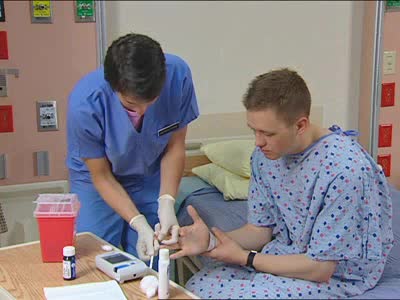
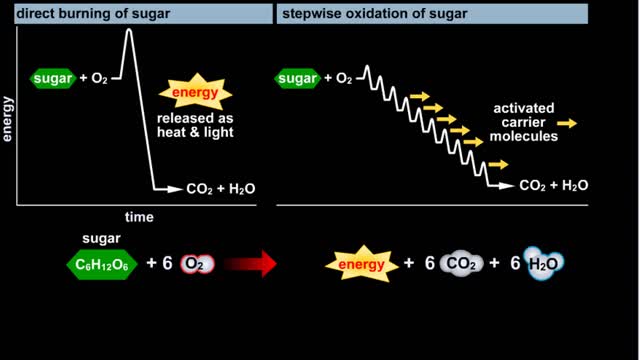
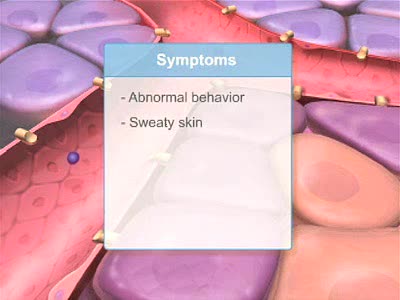
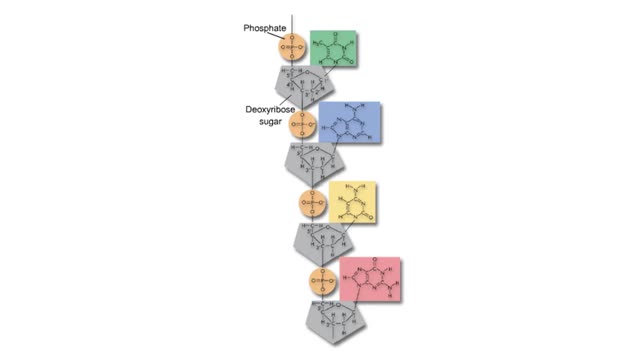
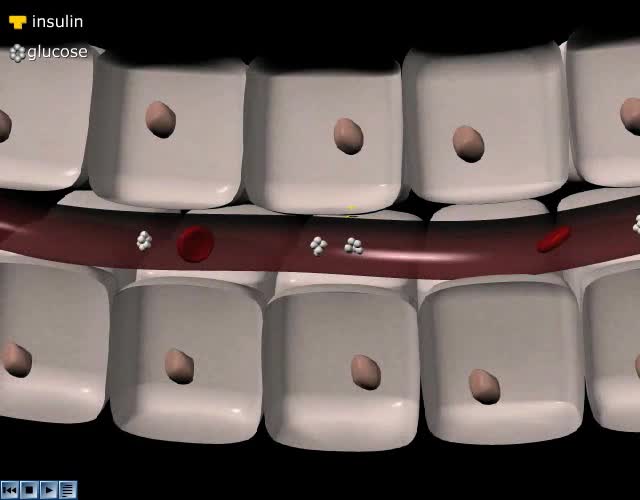
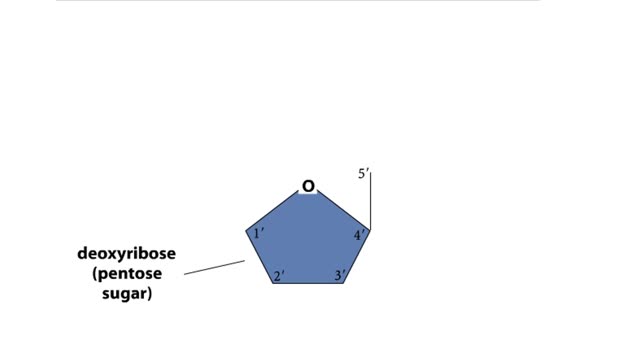
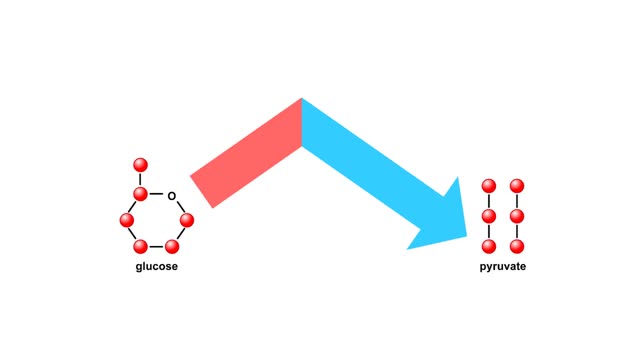
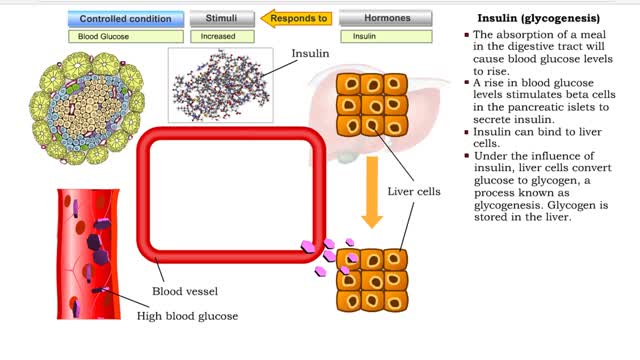
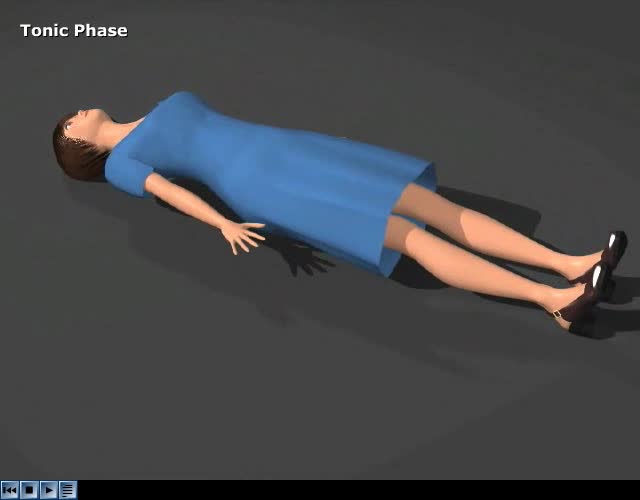
Comments
0 Comments total
Sign In to post comments.
No comments have been posted for this video yet.